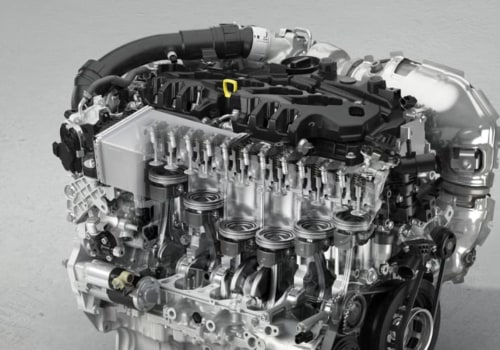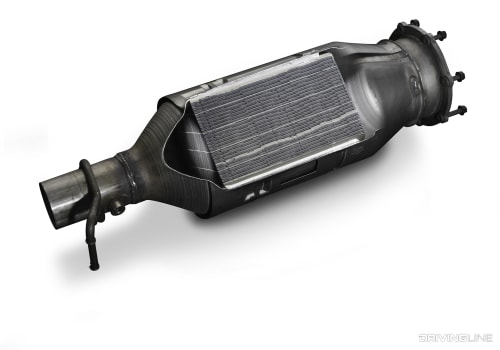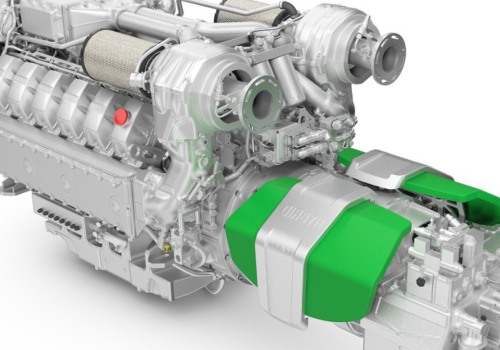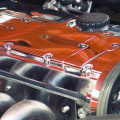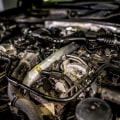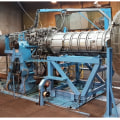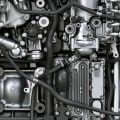Diesel engines have become increasingly popular in the automotive industry due to their many advantages over gasoline engines. Diesel engines offer higher torque, longer lifespan, lower maintenance requirements, higher residual value, and better fuel efficiency than gasoline engines. In addition, diesel fuel is often less expensive than gasoline in many countries, making light diesel vehicles a popular choice. The diesel engine works by compressing air or air plus residual exhaust flue gases (known as exhaust gas recirculation (EGR)) into the chamber during the intake stroke and compressing it during the compression stroke.
This increases the temperature of the air inside the cylinder to such an extent that the atomized diesel fuel injected into the combustion chamber ignites. Since the fuel is injected into the air just before combustion, it creates a heterogeneous mixture of air and fuel. The torque produced by a diesel engine is controlled by manipulating the air-fuel ratio (z); instead of limiting the intake air, the diesel engine alters the amount of fuel that is injected, and the air-fuel ratio is usually high. This makes diesel engines exceptionally reliable and long-lasting; in fact, several cars with high mileage records have diesel engines, such as the famous Mercedes-Benz 240D which traveled almost 3 million miles before being retired.
The longevity of diesel engines is mainly due to two factors: they are durably built to withstand the compressive force of the ignition cycle, and diesel fuel itself is an oil that gently lubricates the engine as it runs. In addition to their durability and fuel efficiency, diesel engines also emit lower overall emissions than gasoline engines. This has led many countries around the world to offer tax incentives to diesel engine drivers. However, despite these advantages, gasoline engines still dominate in many countries due to hybridization and several diesel emission scandals. Diesel technology has advanced so much and so fast that there are now diesel supercars, luxury sports cars that are incredibly expensive and amazingly fast. Critics said that Diesel never invented a new engine and that the invention of the diesel engine is a fraud; however, this is not true as Diesel did invent a new engine in his 1893 work Theory and Construction of a Rational Heat Engine.
The fact that diesel cars and trucks aren't marketed, sold, or bought in the United States is surprising considering all of their advantages over gasoline engines. DIN 51601 diesel fuel was prone to waxing or gelling in cold climates; both are terms for the solidification of diesel in a partially crystalline state. But just as there is a higher tax rate on diesel than on gasoline, the emission standards of diesel engines are considerably higher than those of gasoline engines. In conclusion, diesel engines have become increasingly popular in recent years due to their higher torque, longer lifespan, lower maintenance requirements, higher residual value, better fuel efficiency, and lower emissions compared to gasoline engines. In addition, many countries offer tax incentives for drivers of diesel vehicles.
Despite these advantages, gasoline engines still dominate in many countries due to hybridization and several diesel emission scandals.

